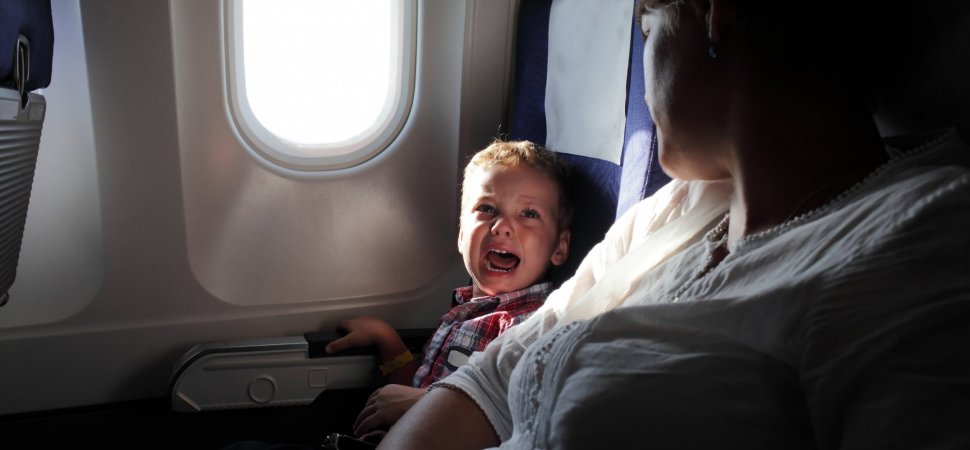
Air Travel, Leading and Stress
Stress is part of our lives. Outside forces can cause us stress, and we can cause stress for others and ourselves. Air travel is a source of stress; that’s what makes it a good metaphor for stress management behaviors.
Many people find air travel very stressful. The stress surrounding air travel is not unlike the pressures of leadership and how different passengers manage this stress makes for an interesting case study on leadership.
When everything is going as planned, the stresses are imagined fears. “What was that noise?” What was that bump?” Are we flying too close to that other plane?” I was on a flight once when a passenger got out of control because of the air-vapor that sometimes comes out of the ventilation system. This stress comes from two things, fear of the unfamiliar and the loss of control. We’ve all worked for a boss that worried, worried, worried about anything that might go wrong. We’ve also had a boss that could not delegate because they were giving up control of something they felt they knew how to do better than their employees. In both cases, the leader is ineffective because they either create an environment that is too risk averse or they take on too much, and the result is they work too hard, and the employees become disengaged because their work doesn’t matter.
When things do not go “as planned” is when true leaders shine. We’ve all been in an airport overhearing a passenger yelling, often profanely, at a “messenger” of bad news; flight delayed, canceled or diverted. They are verging on hysterical, and when you listen, it is always about them and only them. Their sense of other entirely escapes them; it’s about what they want, they want now and at all cost. They have lost sight that the other 200+ passengers plus the crew have also been inconvenienced. We all had leaders that have behaved this way. When the going gets tough, they start to place blame; they cajole and belittle their staff. A real leader is a passenger that is told they must stay in a hotel other than where they want to be, and they calmly work on the details with customer service to figure out how to mitigate the damage to their schedule and plans. They are courteous and generous with their thanks and appreciation; knowing that the person they are talking with didn’t cause the weather to deteriorate or the plane to have mechanical problems.
Great leaders have developed the skill in situations of stress to remember what is essential. In flying, what is important is you get to your destination safely; everything else is just an inconvenience. Not getting to your destination safely is the problem to avoid. In leadership, it is to go back to the mission and purpose. Yes, there may be a delay or a change required, but at the end of the day, it is to attain the goal and mitigate any interruptions to that task. Also, leaders know how to manage stress, to seek that place of calm so they can help the less experienced manage their stress and not pile on more pressure.
Leadership is stressful. Learning the skills to manage stress and find that place of calm while seeking solutions will make you a leader people want to follow.
Rich…you MUST tell this story at CUNA Marketing School coming up in Tempe, AZ, with the great metaphors as to what we do and the experiences we want to give to consumers. You’re spot on…we have to build the right kind of relationships so when they feel “that bump” – we are there for them. And, the same can be said for great leaders – who are their for all those they lead internally. Great stuff as always my friend!
Thanks for the generous comment Randy!